India’s Many Superstitions
- November 30, 2020

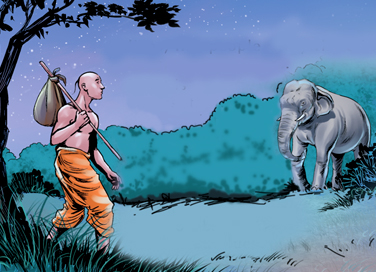
India’s Many Superstitions
- November 30, 2020
By Harini Gopalswami Srinivasan
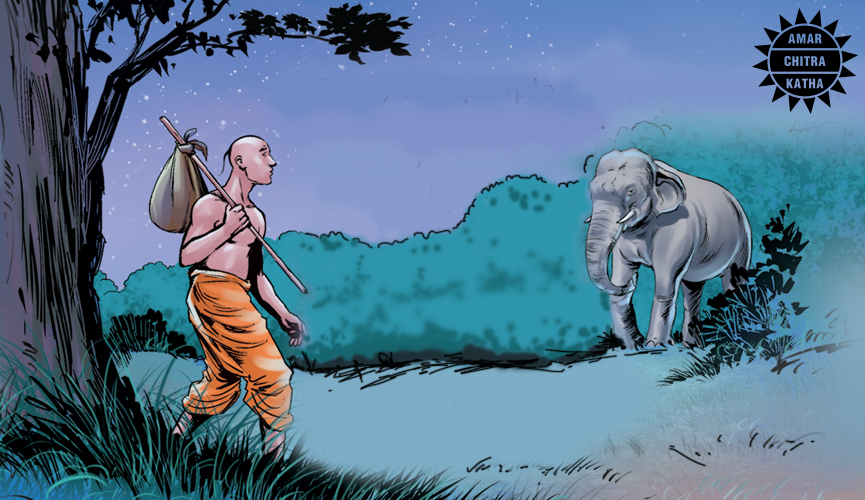
What is a superstition? It is a blind belief that some happening, like seeing an elephant at the start of a journey, or action, like breaking a mirror, brings good or bad luck. Indians, like people everywhere across the world, have always had many superstitions.
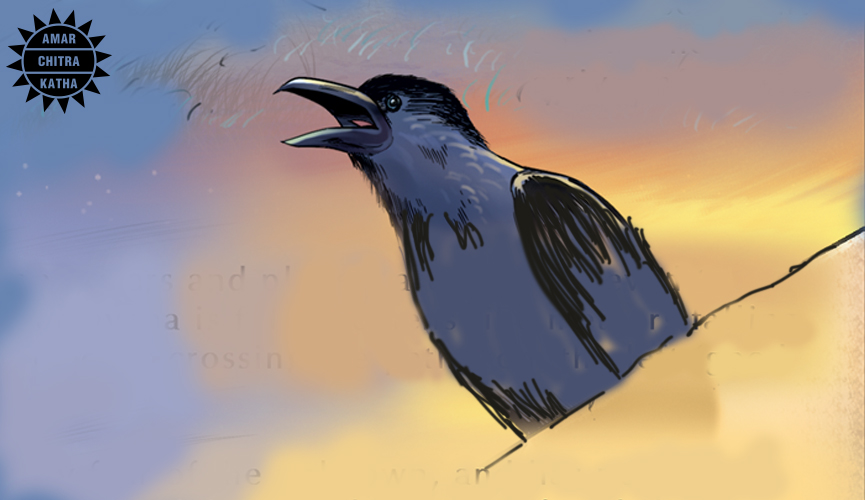
Many superstitions are related to birds and animals. A crow cawing near the house meant an imminent arrival of guests!
To receive more such stories in your Inbox & WhatsApp, Please share your Email and Mobile number.
The position of the sun, moon, stars and planets are also believed to predict future events. The Ramayana is full of omens like meteors falling, jackals howling, or deers crossing one’s path from the left. The jackals signified bad luck while the deers meant good fortune. Other Puranic texts were also full of such beliefs.
Some superstitions originated from the fear of the unknown. The invention of electricity banished a lot of such fears, especially about ghosts and other supernatural beings, stemming from the shadows cast by firelight and dim lamps.
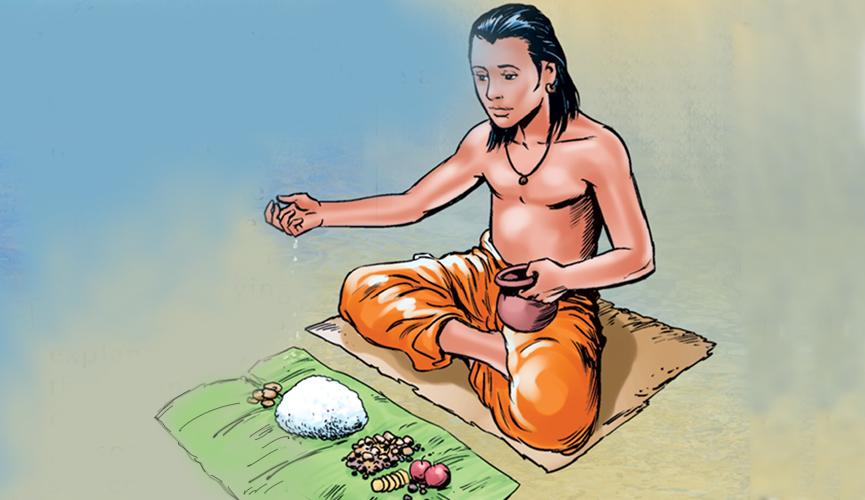
Other superstitions were based on healthy practices. For example, housewives used to make rangoli designs with rice flour on their doorsteps to provide food for ants and keep them busy outside the house. Water was sprinkled around the plate or leaf, before a meal, to keep ants away. Similarly, it was believed to be dangerous to loiter under trees after dark. We know now that this is because trees release a large percentage of carbon dioxide at night. It was bad luck to ask someone where they are going just when they are hurrying out. The obvious explanation is that it would distract the person and he or she could trip on something and fall.
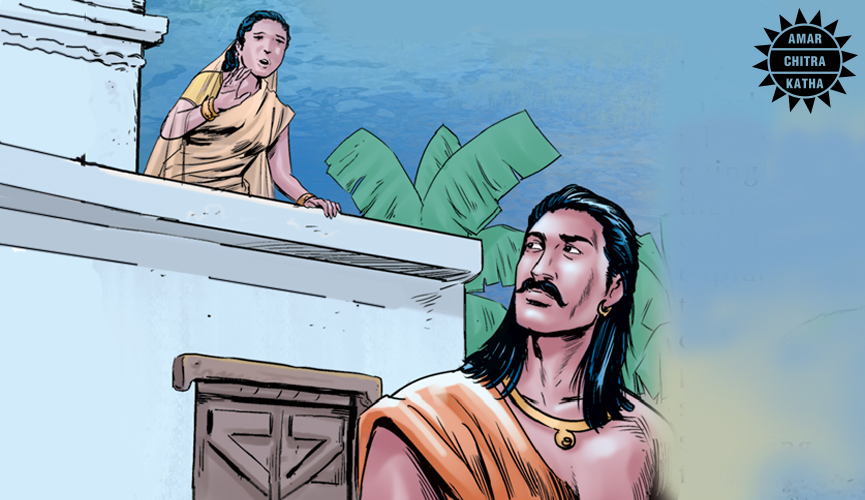
To receive more such stories in your Inbox & WhatsApp, Please share your Email and Mobile number.

Comic of The Month
The Naval Journey of India Book I
This book is the first of a three-book series that takes a deep and detailed look at India's Naval History and a deep insight into the lives of our men and women in white. But any series on the Indian Navy has to start at the very beginning - exploring India's celebrated maritime history. Join our little hero, Bharat, and his grandfather, Commodore Sagar, as they sail into the deep blue waters of time. Book I of The Naval Journey of India takes a sweeping look at India's maritime endeavours, how the seas impacted us over millennia and how the oceans made us who we are.